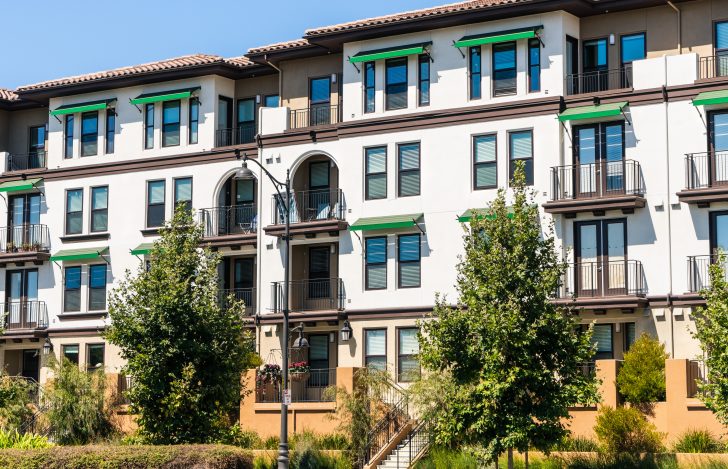Rent Control California: Vote Yes on Proposition 21 Rent Control Expansion

17Oct
Rent Control California: Vote Yes on Proposition 21 Rent Control Expansion
Rent control laws limit how much landlords can increase rent from year to year. California recently enacted a law limiting the percentage increase, but this did not apply to certain residential rentals.
In less than three weeks, California voters are set to decide on Proposition 21. The proposition changes statewide rent control policy to the advantage of residential renters. Currently, the 1995 Costa-Hawkins Rental Housing Act prohibits cities and counties from making rent control laws for condominiums and single-family homes built whenever, and residential units built after February 1, 1995.
Costa-Hawkins Severely Disadvantages Renters
In addition to the bar on rent control laws for condos, single-family homes, and “new” units, Costa-Hawkins also blocked so-called “vacancy control” laws. Before Costa-Hawkins, cities and counties enacted vacancy control to limit rent increases on a new tenant as another form of rent control.
Costa-Hawkins’ block on vacancy control also encouraged landlords to consider a new roommate an unauthorized sub-tenant if the landlord refused to accept rent from the new roommate. In this situation, if the lord accepts rent from this new roommate, that person gets the protections of rent control as a co-tenant.
Where a new roommate is considered an unauthorized subtenant, the landlord can raise the rent on roommate once the tenant on the lease (the master tenant) moves out or dies. This creates an incentive for landlords to cycle new tenants by making living conditions poor in the hope that the master tenant moves.
Moreover, Costa-Hawkins substitutes the 1995 “new” unit cut-off date for certain cities that had existing rent control cut-off dates. Rent control in those cities can only apply to units built before those dates. In San Francisco, for example, the date set was 1979, thus rent control could only apply if the dwelling was built before 1979.
These issues have lead to increased rents across California. This is especially the case in the San Francisco Bay and Silicon Valley with the technology boom raising wages of would be renters.
Since 1995, Costa-Hawkins has let landlords use this sharp rise in wages against the renter as landlords know that these new high earners can pay rent increases that vacancy control laws would have limited. Current renters, other prospective renters, and roommates who want to stay are then easily out-priced.
Proposition 21 Repairs Costa-Hawkins
Proposition 21 curbs Costa-Hawkins rent and vacancy control limitations with two fundamental changes to California law:
- Expanded Rent Control: Cities and counties would be able to enact rent control for residential dwellings over 15 years old, undoing the 1995 date cut-off and the 1979 San Francisco cut-off. This new provision would exempt landlords who own no more than two single-family homes. The proposal permits limits set by cities and counties to be different from the state law limits.
- Vacancy Rent Control: Cities and counties would again be able to apply vacancy rent control for newly available rentals and for existing roommates considered unauthorized. But cities and counties applying vacancy control must allow a landlord to increase the rent up to 15% in the first three (3) years after the new tenant moves in. This 15% increase would be “in addition to” any increase permitted by city or county laws.
Proposition 21 presents a way for renters to have a direct impact on rent control laws in California. The ballot system allows voters to bypass the California legislature and take it upon themselves to enact the state’s laws. The system gives renters the opportunity to ensure that rent control laws cannot be used to a renter’s disadvantage.
Related Posts You Also May Like
Get Started
For more information or to discuss your legal situation, call us today at (415) 649-6203 for a phone consultation or submit an inquiry below. Please note our firm can only assist tenants residing in San Francisco, Oakland & Berkeley.





